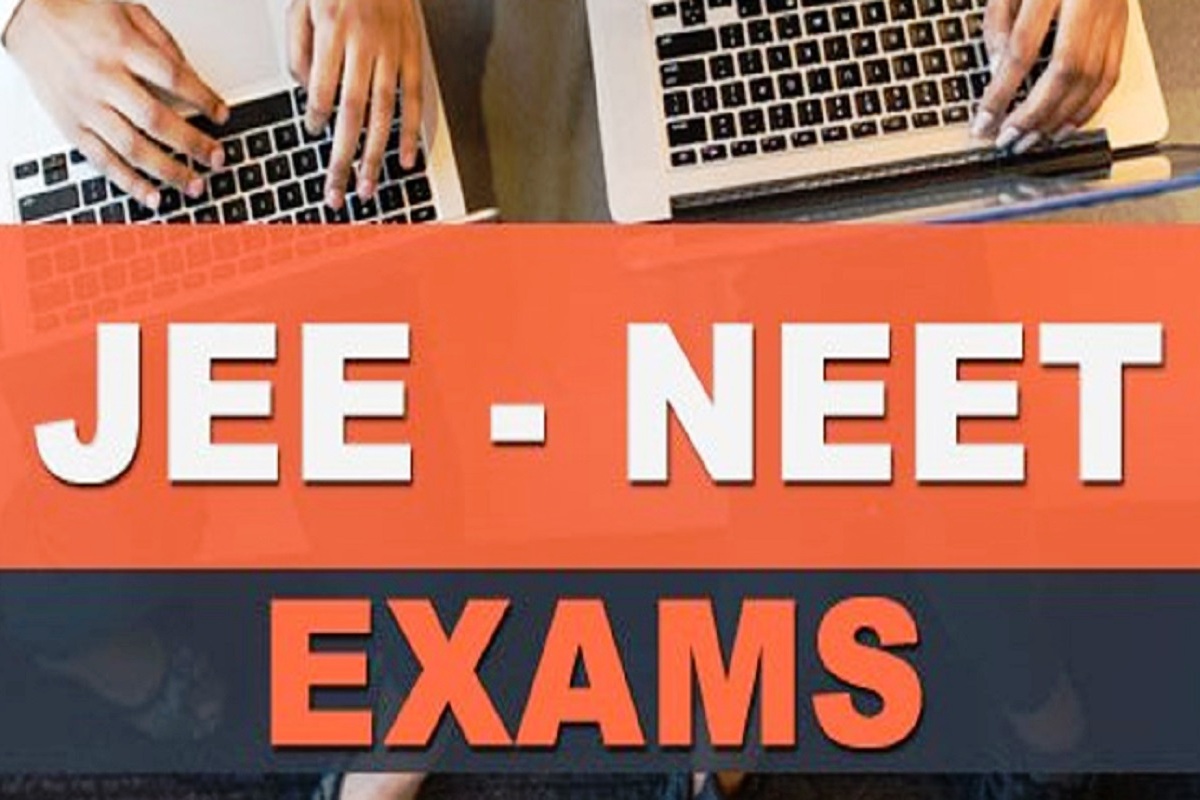NEET PG 2024 hearing in Supreme Court today
The National Eligibility-cum-Entrance Test (NEET) PG 2024 hearing in the Supreme Court is scheduled to be held on Friday.
The recent NEET question paper leak has once again spotlighted the vulnerabilities in India’s high-stakes examination system. This recurrent issue underscores a critical need for reform.

Representation image
The recent NEET question paper leak has once again spotlighted the vulnerabilities in India’s high-stakes examination system. This recurrent issue underscores a critical need for reform. The proposed Continuous Assessment System for Admission (CASA) by former education secretary R. Subrahmanyan, former IIT Jodhpur director Prem Kalra, and retired IAS officer Sutirtha Bhattacharya offers a promising alternative that could revolutionise the way we assess and admit students into higher education institutions.
The CASA proposal advocates a shift from single, high-pressure exams to a more distributed and comprehensive evaluation method. It suggests eight quarterly tests and two internships over the last two years of school, along with a centralised final exam. The weightage for these assessments would be divided into 40 per cent for academic performance, 40 per cent for social and professional aptitude, and 20 per cent for the final centralised exam. This balanced approach aims to reduce the stress on students and ensure a more holistic assessment of their abilities and potentials. One of the primary advantages of this system is that it mitigates the risks associated with single-point failures like paper leaks. By spreading the assessment over multiple tests and activities, the impact of a single test is significantly reduced.
This continuous assessment model also places a stronger emphasis on consistent performance and genuine understanding, rather than rote memorisation and last-minute cramming. Moreover, the inclusion of internships and social-professional aptitude evaluations addresses a critical gap in the current system. Presently, students are judged primarily on their academic prowess, often neglecting essential soft skills and practical knowledge. The proposed internships at prestigious institutes and participation in programmes like the National Service Scheme (NSS) or National Cadet Corps (NCC) would provide students with valuable real-world experience and foster a sense of social responsibility.
Advertisement
Implementing CASA would also necessitate significant infrastructural and procedural changes, which could be seen as a challenge but also an opportunity to modernise our education system. The use of AI-based proctoring for online tests, for instance, represents a move towards integrating advanced technology into education, enhancing security, and preventing malpractices. However, the success of CASA will hinge on the cooperation and active participation of multiple stakeholders, including state governments, educational institutions, and examination bodies like the National Testing Agency (NTA). It requires a robust framework to standardise and administer the assessments, ensuring fairness and transparency across diverse regions and schools. The proposal to start this system by 2024-25, with the first batch entering college by 2026-27, seems ambitious but may just be achievable with dedicated effort and planning.
Until then, strengthening the current system by conducting exams as Computer-Based Tests (CBTs) with enhanced cyber-security measures is a prudent interim solution. The CASA proposal not only mitigates the risk of malpractices like paper leaks but also better prepares students for the multifaceted challenges of higher education and professional life. Embracing such innovative reforms could be a pivotal step towards nurturing a generation of well-rounded, capable, and socially responsible individuals
Advertisement